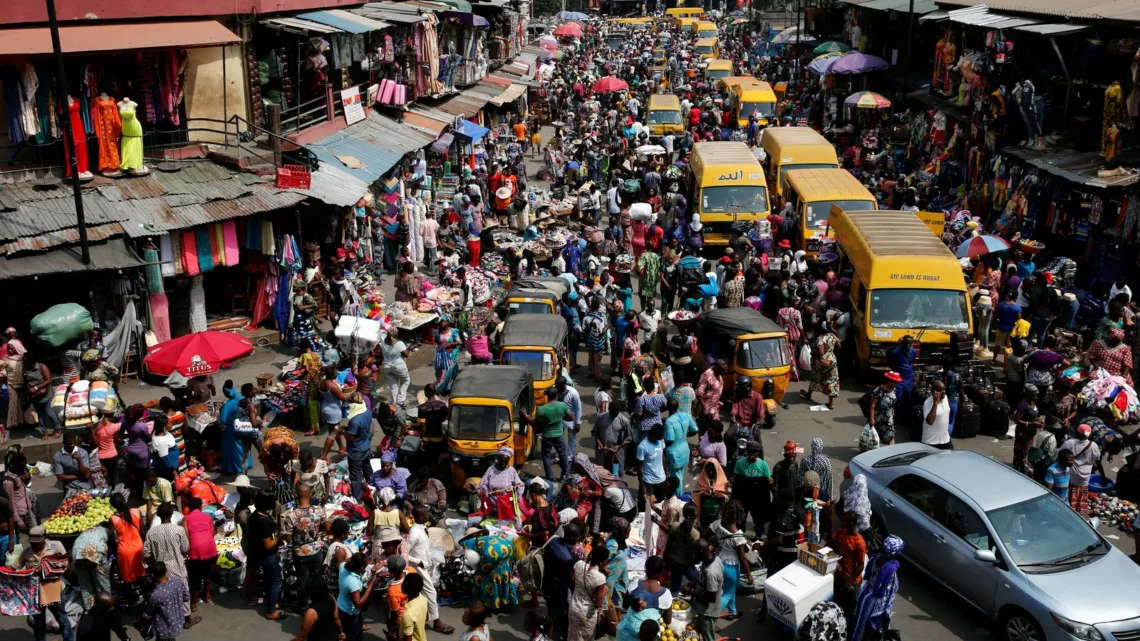Often hailed as the “Giant of Africa,” Nigeria is currently facing a significant demographic shift that has the potential to profoundly shape its future – a rapidly growing population. With an estimated population of over 200 million people and projections indicating that Nigeria could become the world’s third most populous country by 2050, this demographic transformation demands immediate attention from policymakers, communities, and individuals alike. While a growing population can bring various opportunities for development, it also presents an array of challenges that require urgent solutions.
A burgeoning population can serve as a vital driver of economic growth. A large and youthful workforce fosters innovation, creativity, and entrepreneurship, driving economic expansion. With a sizable consumer base, there is also the potential for increased domestic demand, stimulating local industries and attracting investments.
Nigeria’s growing population contributes to the nation’s cultural richness and diversity. It offers a tapestry of traditions, languages, and perspectives that enrich the country’s vibrant identity. Embracing this diversity can be a catalyst for unity and social cohesion, provided it is nurtured through inclusive policies that promote harmony and understanding among various ethnic and religious groups.
One of the most immediate concerns is the strain on vital resources such as food, water, and healthcare. Rapid population growth can lead to increased demand for agricultural production, potentially resulting in food insecurity and environmental degradation.
Access to quality education and healthcare is a pressing issue. As the population swells, the burden on the education and healthcare sectors escalates, potentially leading to overcrowded schools and overwhelmed medical facilities. Ensuring equitable access to these services for all citizens must be a top priority for the government.
The growing population contributes to high unemployment and underemployment rates. The imbalance between job opportunities and job seekers can lead to widespread poverty and social unrest. Addressing this requires comprehensive approaches that encourage investments in diverse sectors and promote vocational training to enhance employability.
Nigeria’s population growth leads to increased urbanization as more people migrate to cities in search of better opportunities. This strains urban infrastructure and services. Effectively managing urbanisation is essential to creating sustainable, well-planned cities that can support their residents’ needs without compromising the environment.
To address these challenges and harness the opportunities of a growing population, Nigeria needs a well-crafted population policy. This policy should prioritise education, healthcare, and family planning, empowering citizens with the knowledge and resources to make informed choices about their reproductive health.
Promoting women’s empowerment and gender equality is crucial in managing population growth. Studies show that when women have access to education and opportunities, they tend to have fewer children, contributing to a more balanced demographic.
Investments in agriculture, infrastructure, and sustainable development are equally vital to support the expanding population. Prioritising sustainable practices can alleviate resource pressures and protect the environment for future generations.
Nigeria’s growing population represents a double-edged sword, offering both opportunities and challenges. Embracing the potential benefits while proactively addressing the issues requires visionary leadership, strong governance, and collaborative efforts from all segments of society. By strategically and inclusively managing population growth, Nigeria can pave the way for a brighter future, harnessing the potential of its people to drive sustainable development and prosperity for all.





